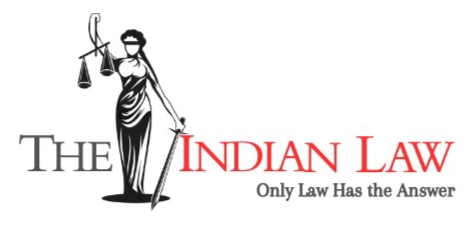1.Supreme Court rejects review petition against judgment striking down Electoral Bonds:- The Supreme Court has denied a review petition challenging its previous judgment that struck down the Electoral Bonds scheme. The ruling emphasized the need for transparency in political funding, reinforcing the court’s stance on ensuring accountability in electoral processes and safeguarding democratic values in India.
2.Ganja under NDPS Act refers to flowering heads of cannabis, not seeds and leaves: Bombay High Court:- The Bombay High Court clarified that “ganja” under the NDPS Act specifically refers to the flowering heads of cannabis, excluding seeds and leaves. This distinction is crucial for legal proceedings related to drug offenses, as it delineates the scope of what constitutes an offense under the narcotics legislation.
3.Bombay High Court seeks State’s response in PIL against freebies:- The Bombay High Court clarified that “ganja” under the NDPS Act specifically refers to the flowering heads of cannabis, excluding seeds and leaves. This distinction is crucial for legal proceedings related to drug offenses, as it delineates the scope of what constitutes an offense under the narcotics legislation.
4.Madhya Pradesh High Court calls for equipping cops with bodycams:- The Madhya Pradesh High Court has urged the state government to equip police officers with body cameras to enhance accountability and transparency in law enforcement. The court emphasized that bodycams could help prevent misconduct and protect both officers and the public, promoting trust in the police force.
5. Union Bank of India is fighting to evict ED from farmhouse office in South Delhi:- Union Bank of India is engaged in a legal battle to evict the Enforcement Directorate (ED) from its farmhouse office in South Delhi. The bank argues that the ED’s occupation of the premises is unauthorized, raising concerns over property rights and the agency’s operational scope in the area.
6.Legal Notes by Arvind Datar: Legitimate Expectation and Article 14:- In “Legal Notes,” Arvind Datar explores the concept of legitimate expectation within the framework of Article 14 of the Indian Constitution. He discusses how this principle safeguards individuals’ rights, ensuring fairness in administrative actions and decisions, thereby reinforcing the rule of law and promoting transparency in governance.
7.Blurring secular boundaries: The perils of religious endorsements in constitutional courts:- The article discusses the risks of religious endorsements in constitutional courts, highlighting how such practices can blur secular boundaries. It warns that intertwining religion with legal decisions undermines the principle of neutrality, potentially eroding public trust in the judiciary and threatening the secular fabric of the constitution.
8.Supreme Court rejects review petition against judgment striking down Electoral Bonds:- The Supreme Court has dismissed a review petition challenging its earlier judgment that invalidated the Electoral Bonds scheme. The court reaffirmed its stance on the necessity of transparency in political funding, emphasizing the importance of accountability in electoral processes to uphold democratic integrity in India.
9.Kerala High Court issues guidelines to prevent adjournments by trial courts based on false claims by lawyers:- The Kerala High Court has established guidelines to curb unnecessary adjournments by trial courts resulting from false claims by lawyers. The court emphasized the importance of maintaining judicial efficiency and integrity, urging stricter scrutiny of requests for adjournments to ensure timely justice and uphold the rule of law.
10.Delhi High Court pulls up State for delay in installing tech for hybrid hearings:- The Delhi High Court reprimanded the State for its delays in implementing technology for hybrid hearings. The court stressed the importance of modernizing court processes to enhance accessibility and efficiency, urging prompt action to ensure that the judicial system adapts to contemporary needs and facilitates effective legal proceedings


